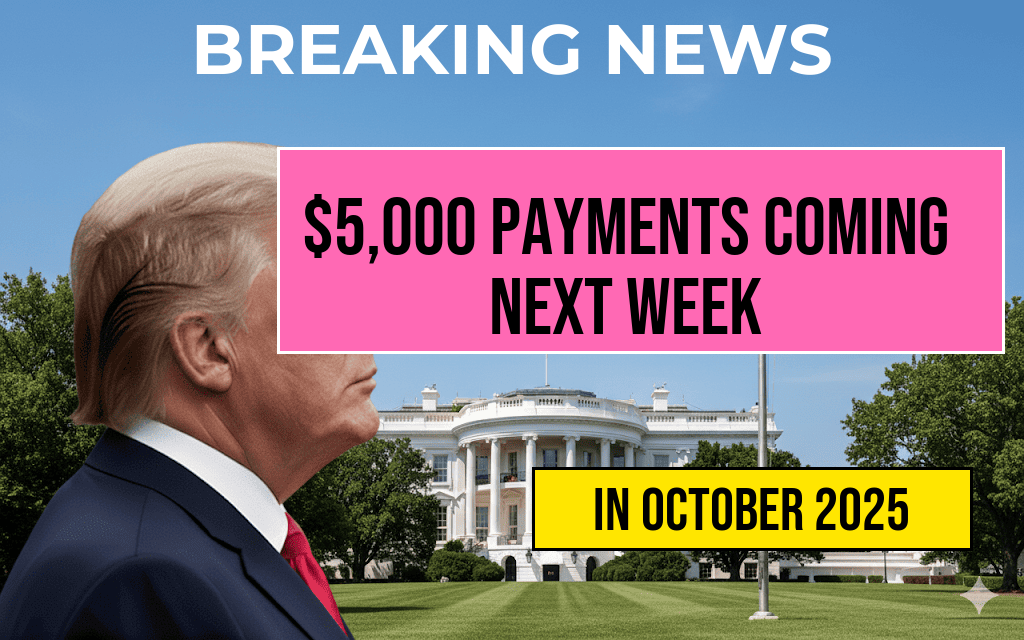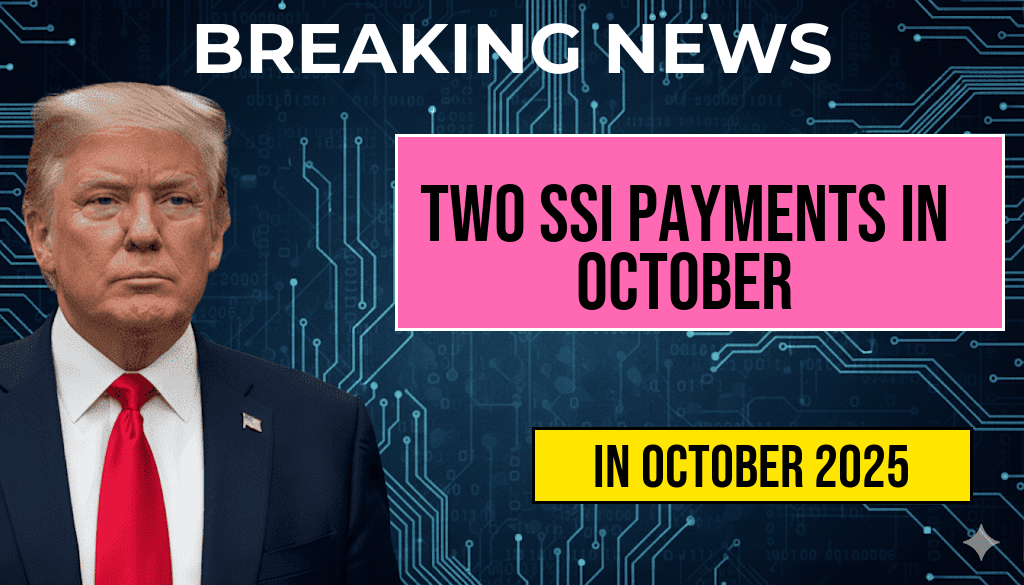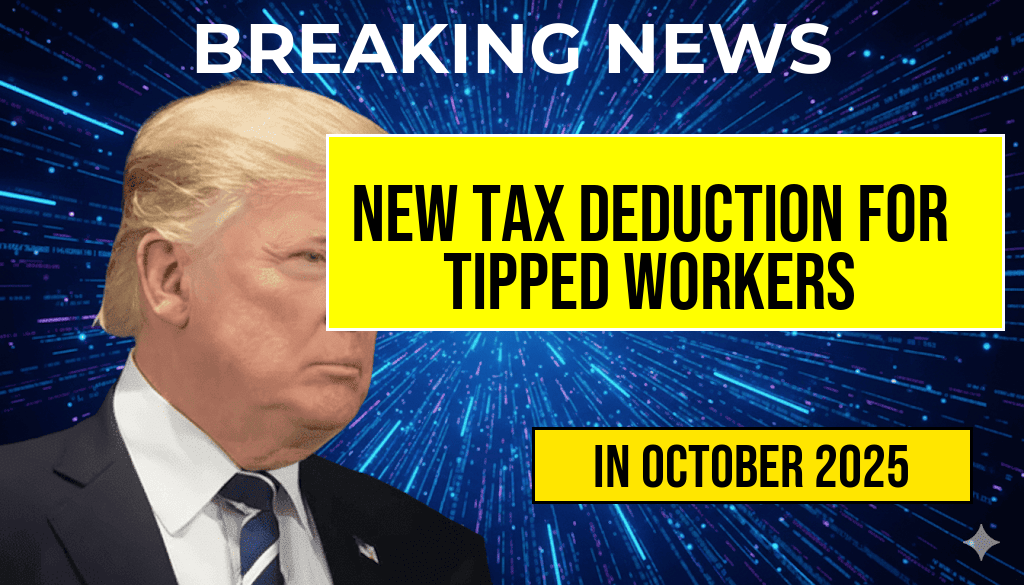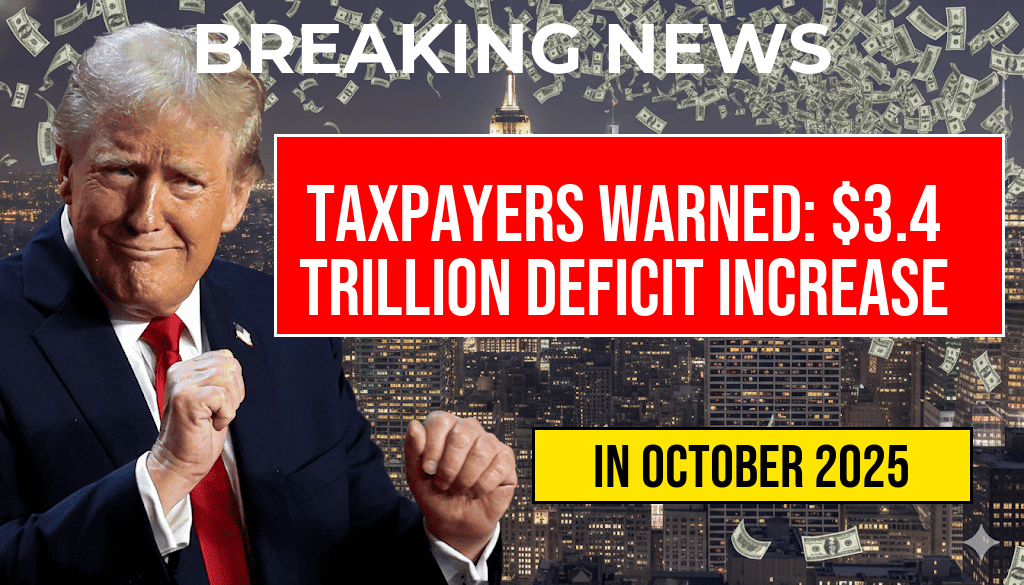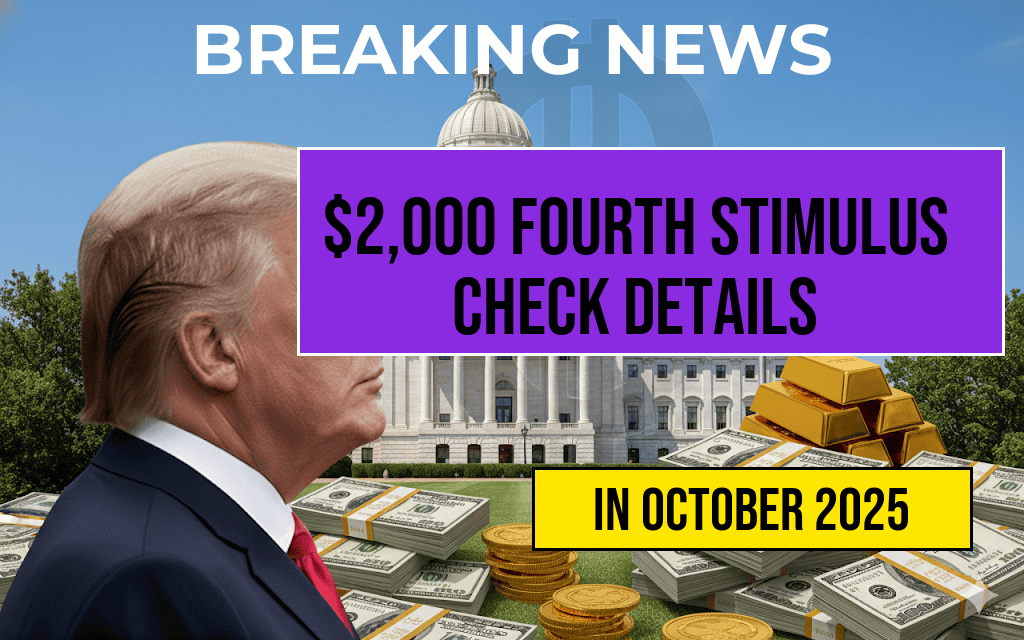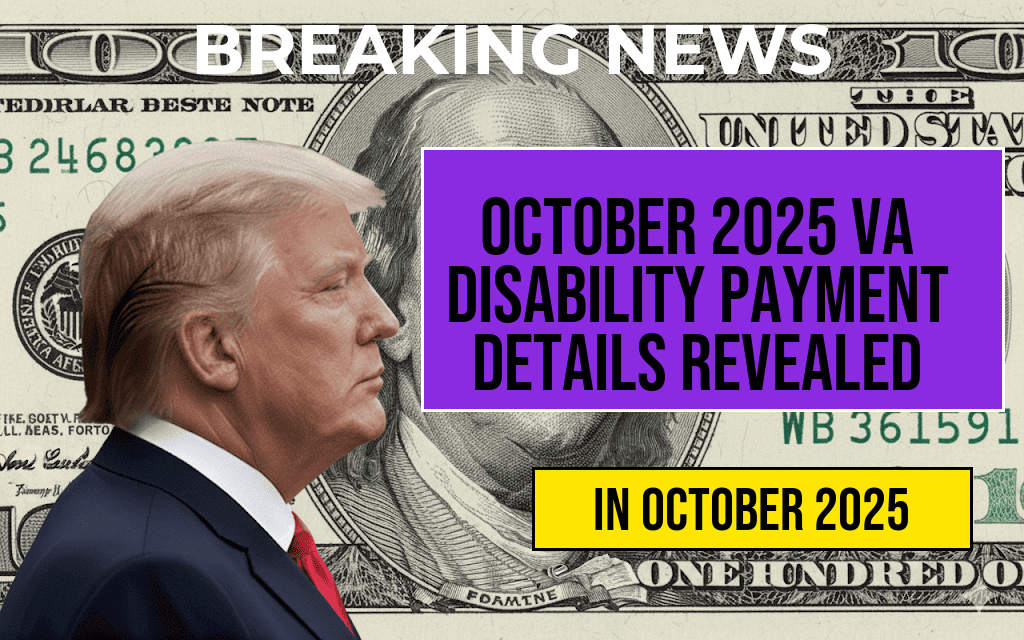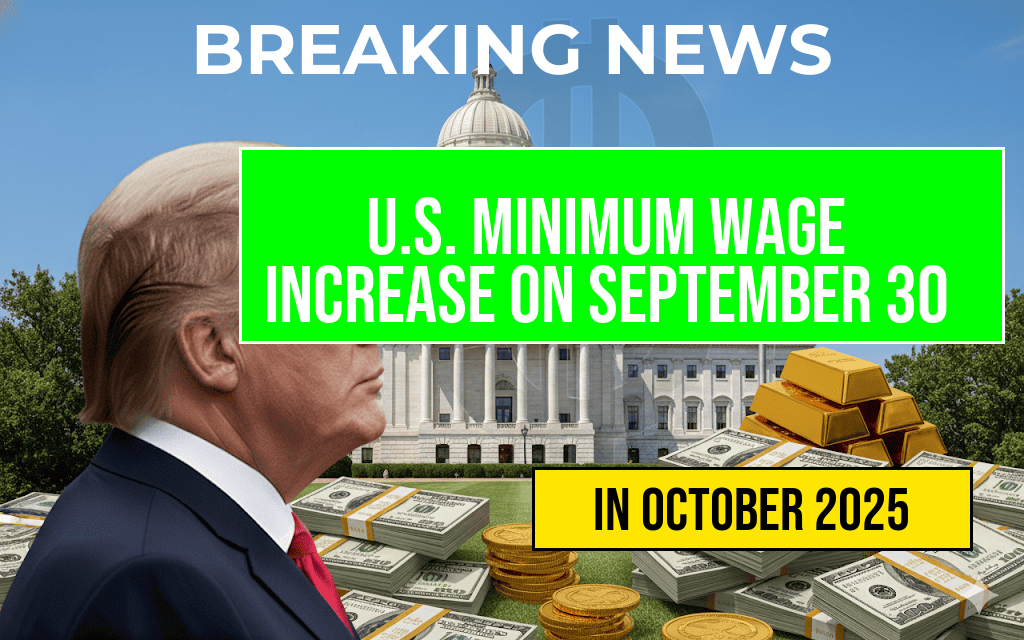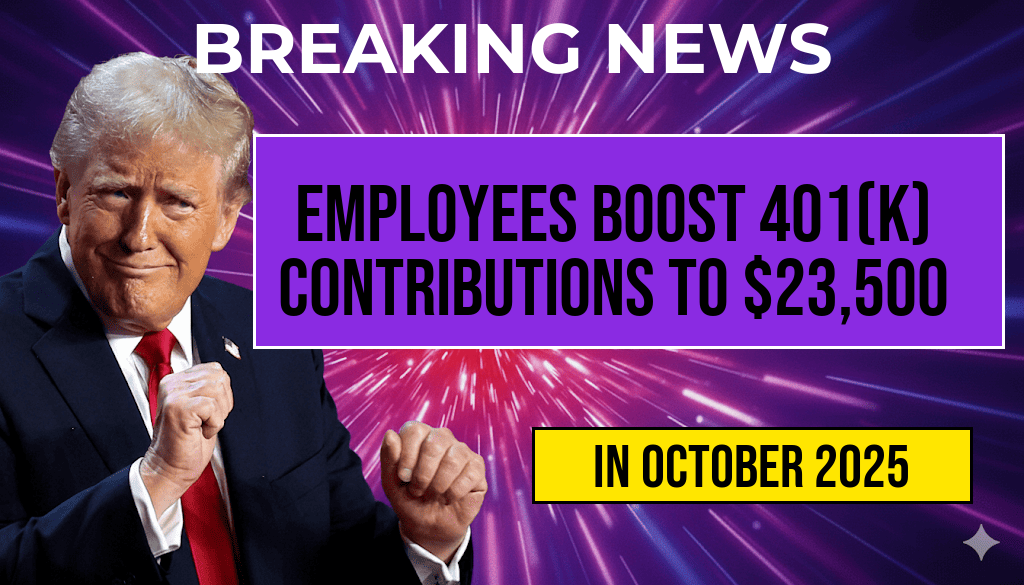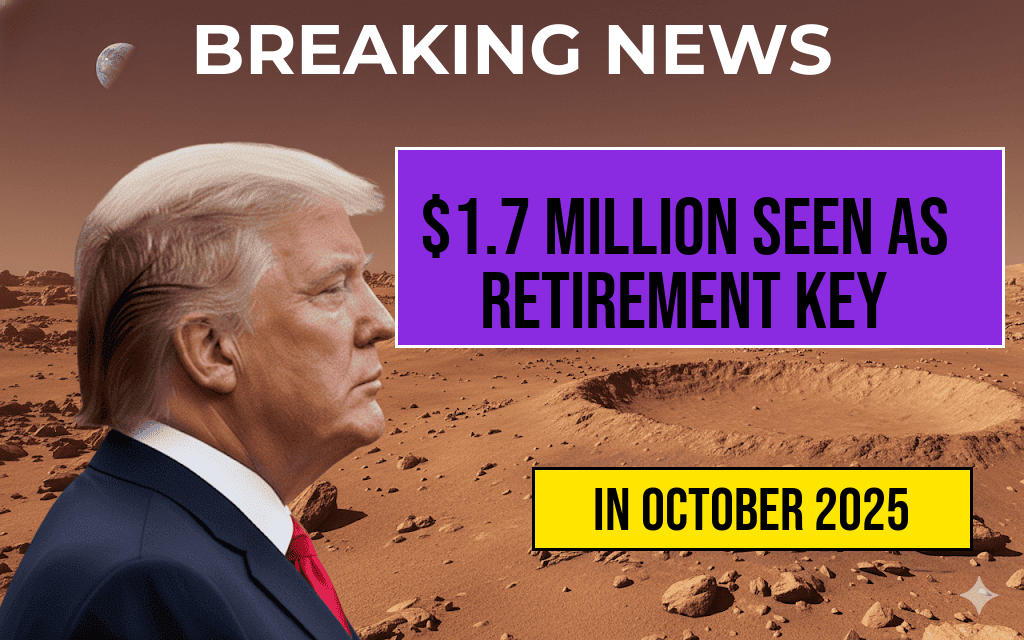Taxpayers across the United States are bracing for a significant financial impact as the much-publicized “One Big Beautiful Bill” is anticipated to increase the federal deficit by an alarming $3.4 trillion over the next decade. This legislation, which has garnered considerable attention and debate, aims to address various infrastructure needs and social spending initiatives. However, critics raise concerns about the long-term implications of such a substantial increase in deficit spending, particularly in light of the ongoing economic recovery from the COVID-19 pandemic. As lawmakers prepare to vote on this expansive bill, taxpayers are urged to stay informed about its potential effects on the country’s fiscal health and their personal finances.
Key Provisions of the Bill
The proposed legislation includes several significant provisions aimed at stimulating economic growth and addressing pressing social issues. These key components include:
- Infrastructure Investment: A substantial portion of the funding will be allocated to improving transportation networks, including roads, bridges, and public transit systems.
- Social Programs: The bill proposes funding for various social initiatives, including healthcare, education, and affordable housing.
- Climate Change Mitigation: Investment in renewable energy projects and initiatives aimed at reducing carbon emissions is a critical focus of the legislation.
Economic Implications
The increase in the federal deficit is raising alarms among economists and policymakers. Critics argue that the long-term ramifications could include higher interest rates, inflation, and increased national debt, which may burden future generations. Proponents of the bill contend that the short-term investments will lead to economic growth and job creation, ultimately offsetting the initial costs.
Supporters’ Arguments
Supporters of the bill emphasize the necessity of robust funding for infrastructure and social programs, particularly in the wake of the pandemic. They argue that:
- Job Creation: The bill is projected to create millions of jobs in construction and related fields, providing a much-needed boost to the economy.
- Long-Term Growth: Investments in infrastructure are expected to enhance productivity and efficiency, resulting in sustained economic growth.
- Equity and Access: Funding for social programs aims to reduce disparities in access to essential services, promoting a more equitable society.
Critics’ Concerns
Opponents of the legislation express skepticism regarding the efficacy of increased deficit spending. Key concerns include:
- Fiscal Responsibility: Critics argue that piling on debt could compromise future fiscal stability, making it difficult to respond to economic downturns.
- Inflation Risks: With the economy already experiencing inflationary pressures, further deficit spending may exacerbate these issues.
- Long-Term Commitments: Many social programs funded by the bill may require ongoing financial commitment, leading to sustained deficits.
Historical Context
The proposed increase in deficit spending is not without precedent. Historically, the U.S. has implemented large spending packages during economic crises, such as the Recovery Act of 2009 following the Great Recession. However, each instance raises questions about balancing immediate needs with long-term fiscal health.
Public Reaction
Public opinion on the bill is divided, reflecting broader political and ideological divides in the country. Many citizens express concern over the potential financial burden of increased national debt, while others support the investment in critical infrastructure and social programs. Polls indicate that:
| Opinion | Percentage |
|---|---|
| Support for the Bill | 45% |
| Opposition to the Bill | 35% |
| Undecided | 20% |
Conclusion
As the legislative process continues, taxpayers are encouraged to monitor the developments surrounding the “One Big Beautiful Bill.” Understanding its implications on the federal deficit and personal finances will be crucial as the nation navigates these uncertain economic waters. For further information on this topic, you can explore sources such as Forbes or Wikipedia.
Frequently Asked Questions
What is the ‘One Big Beautiful Bill’?
The ‘One Big Beautiful Bill’ refers to a proposed piece of legislation that aims to implement significant changes in taxation and government spending. It is expected to have wide-ranging implications for the federal budget.
How will this bill affect the federal deficit?
This bill is projected to increase the federal deficit by approximately $3.4 trillion over a specified period. This increase raises concerns about the long-term fiscal health of the country.
Who will be impacted by the tax changes proposed in the bill?
The tax changes proposed in the ‘One Big Beautiful Bill’ are likely to affect a variety of taxpayers, including individuals, businesses, and investors. The extent of the impact will depend on specific provisions within the legislation.
What are the potential benefits of the bill?
Proponents of the bill argue that it could provide necessary funding for critical infrastructure projects and social programs, potentially stimulating economic growth in the long run.
What should taxpayers do in response to this news?
Taxpayers are advised to stay informed about the developments related to the ‘One Big Beautiful Bill’ and consider consulting with a tax professional to understand how the changes may affect their personal financial situation.

